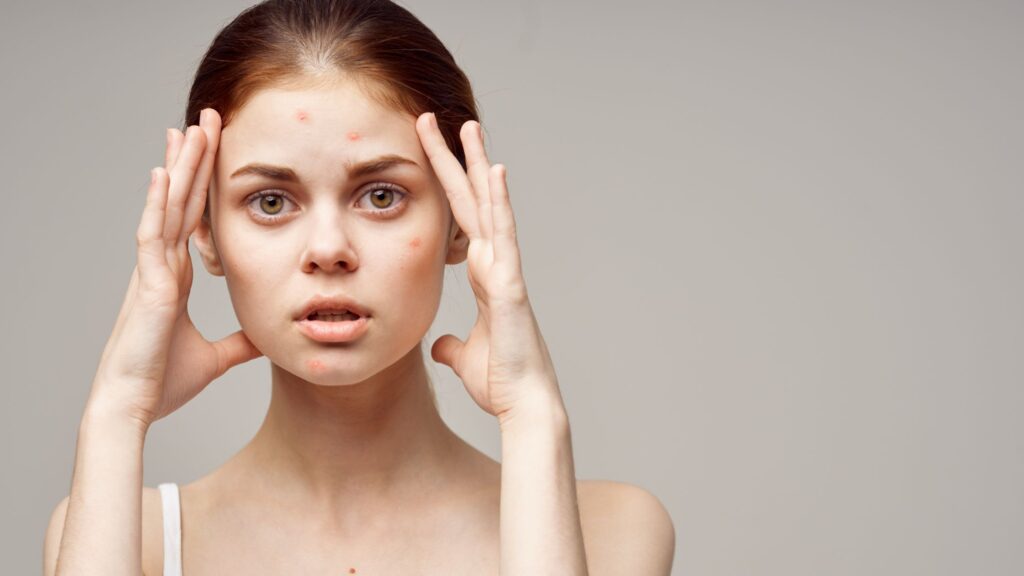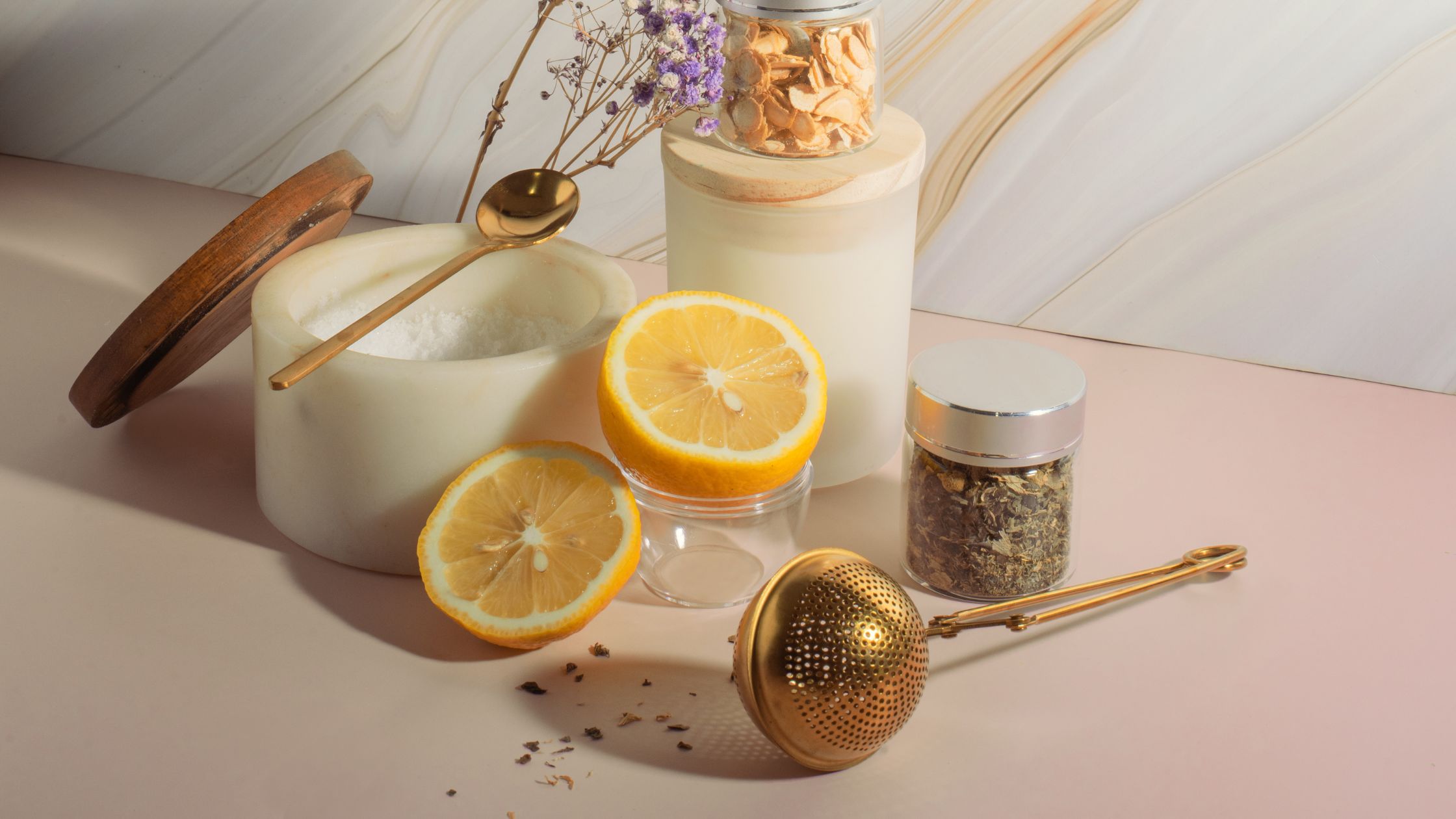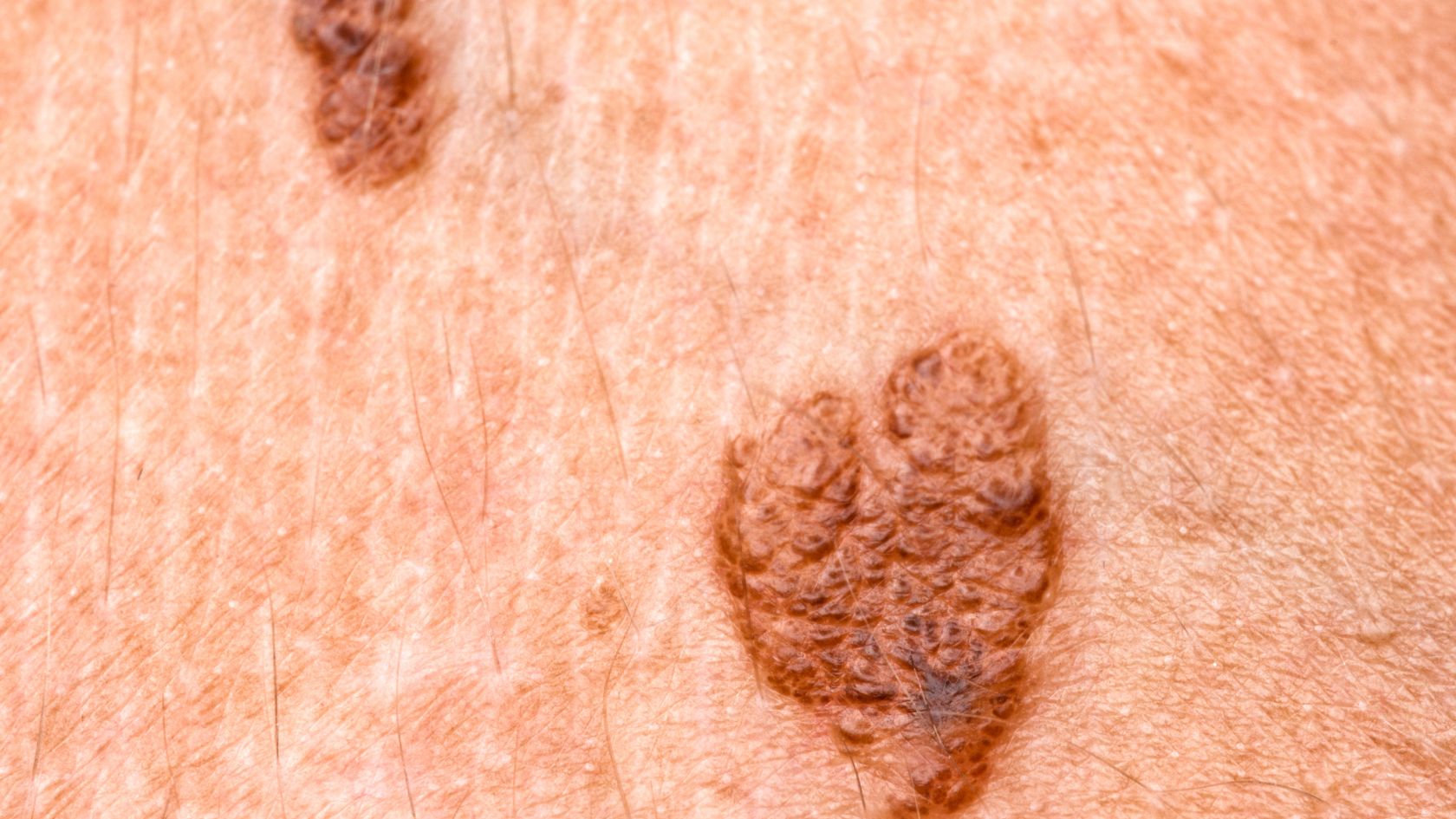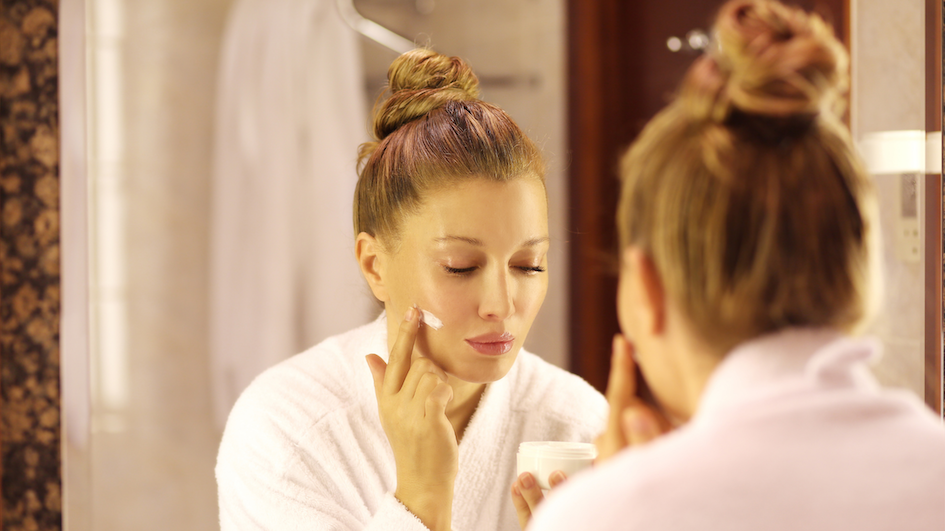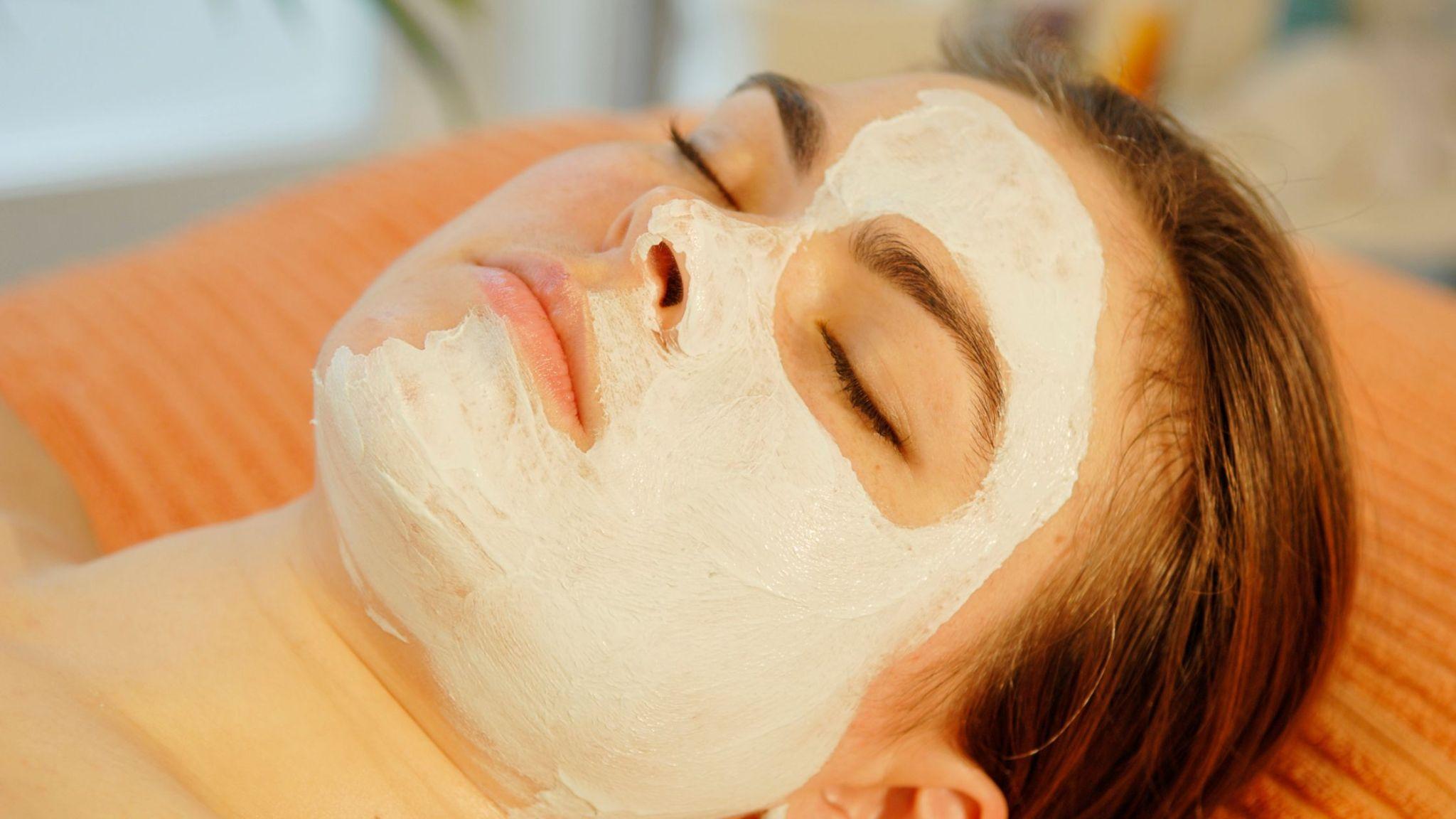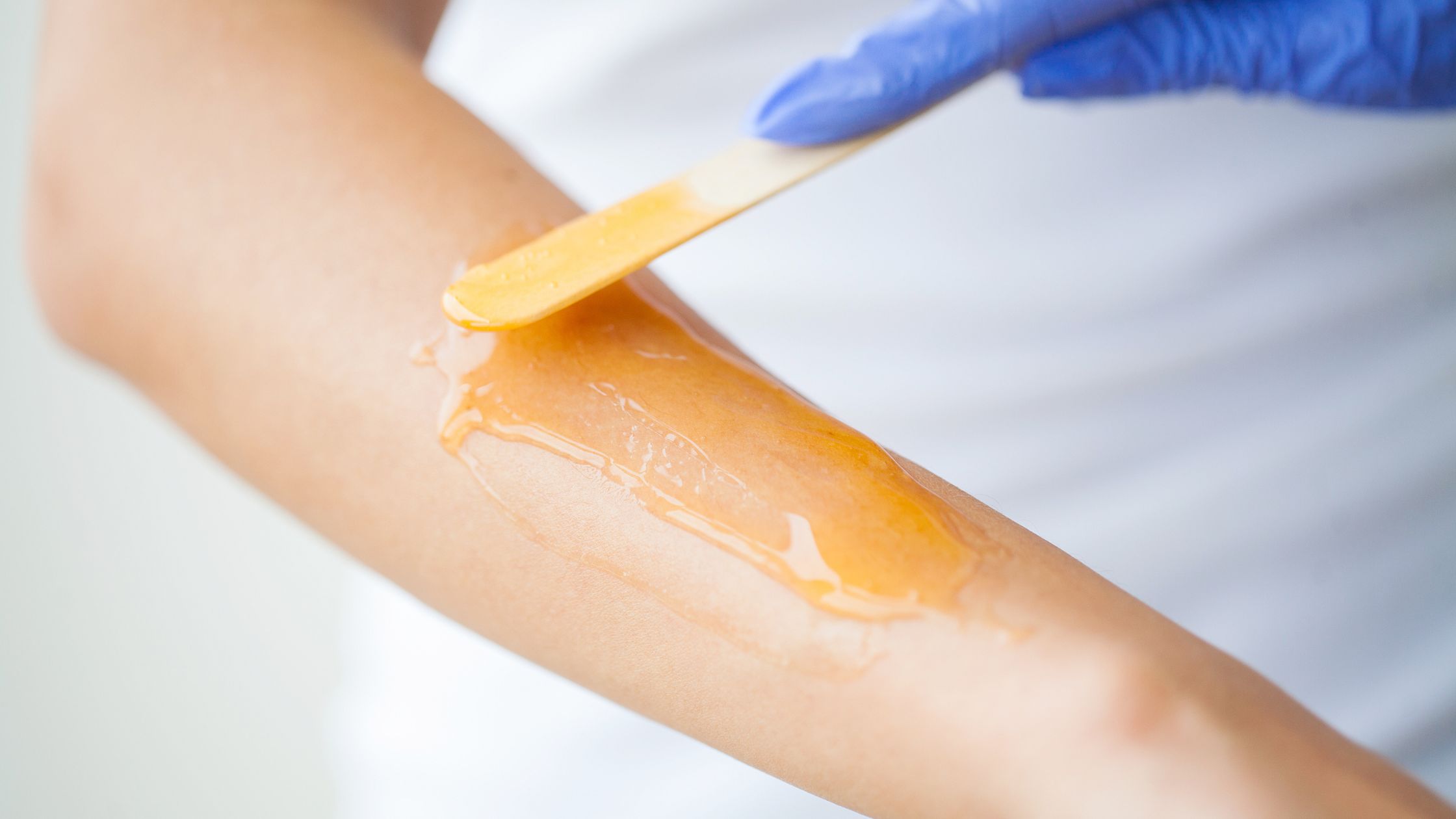Acne Causes in Teens
Acne in teenagers is primarily caused by hormonal changes during puberty. Hormonal fluctuations trigger the sebaceous glands to produce excess sebum. This excess oil production can mix with dead skin cells and bacteria, causing inflammation and the formation of acne lesions.
Hormone fluctuations can also affect the skin’s natural shedding process, causing dead skin cells to clog pores. This combination of excess oil and trapped debris creates an ideal environment for acne-causing bacteria to thrive, resulting in acne breakdown. As the bacteria starts growing inside the pores, it will result in the appearance of pustules and the pimples would inflame, resulting in painful acne.
Acne Treatments for Teens
Acne treatment approaches may vary depending on the severity of the condition. Mild to moderate acne can often be managed with over-the-counter medicines, while severe acne may require more dedicated treatments. Let us explore all the options starting with a basic skincare routine.
Skincare routine
First and foremost, ask your teen to follow a basic skincare routine and take good care of their skin. This is crucial for managing and preventing acne breakouts. A common routine that all teens should follow is “Cleansing, Exfoliating, Moisturizing, and Sun Protection”.
Cleansing
Ask your teen to cleanse their face twice daily using a gentle, non-comedogenic cleanser. These cleansers have acne-fighting ingredients and won’t cause blackheads and whiteheads. They need to cleanse once in the morning and once before going to sleep. This will help remove excess oil, dirt, and impurities without stripping the skin of its natural moisture. Remember – if they are using makeup remover wipes, it doesn’t count as a face wash.
Watch out for ingredients in the cleanser. If the skin is oily, then use soap with 5% to 10% of benzoyl peroxide. If your teen has sensitive skin then the ingredient must have salicylic acid and benzoyl peroxide in lower concentrations.
Exfoliation
Exfoliating once or twice a week can help remove dead skin cells, unclog pores, and promote cell turnover. However, caution should be exercised to avoid over-exfoliation, which can lead to skin irritation.
Moisturizing
Contrary to popular belief, moisturizing is crucial even for oily and acne-prone skin. Look for oil-free, non-comedogenic moisturizers that won’t clog pores. Hydrated skin is less likely to produce excess oil, helping to minimize breakouts.
Sun Protection
This is a must habit for overall skin protection. You should encourage your teen to apply a broad-spectrum sunscreen with an SPF of 30 or higher every day, even during cloudy weather. Sunscreen protects the skin from harmful UV rays and prevents post-inflammatory hyperpigmentation.
Note: Do not pop or pick the pimples. Popping or picking a pimple will cause the area surrounding it to trigger acne, which can cause scarring and might lead to infection.
Also, the face might not be the only place where Acne would show up, it can also commonly appear in other areas like:
- Chest
- Shoulders
- Back
- Neck
Besides taking care of the facial skin, you must encourage your teens to take showers regularly, particularly after a sweaty practice, game, or workout. This is because sweat will usually trigger oil production, which would clog the pores, leading to acne formation.
Lifestyle Changes for Clearer Skin
In addition to the above basic skincare routine, certain lifestyle changes can also help. Here are they –
Diet and Nutrition
While diet alone does not directly cause acne, some studies suggest that certain foods, such as sugary and greasy ones, may exacerbate breakouts. Encourage your children to eat a balanced diet rich in fruits, vegetables, and whole grains, as it can promote overall skin health.
Stress Management
Stress can trigger hormonal imbalances, leading to increased sebum production and acne breakouts. Encouraging stress management techniques like exercise, meditation, and hobbies can help reduce acne flare-ups.
Regular Exercise
Regular physical activity promotes healthy blood circulation and oxygenates the skin. Sweat can also help unclog pores. So encourage your children to indulge in physical activity every day. But it’s important that they cleanse their skin afterward to prevent pore blockage.
Natural Remedies and Home Treatments
Some natural remedies and home treatments can help in teen acne treatment. However, it is important to note that there is no guarantee of the results. And it’s always best to consult a dermatologist before trying out these remedies. Here are the top ones –
Tea Tree Oil
Tea tree oil has antimicrobial and anti-inflammatory properties, making it a popular natural remedy for acne. Diluted tea tree oil can be applied topically to affected areas to reduce inflammation and kill bacteria.
Honey and Cinnamon Masks
A combination of honey and cinnamon can create a soothing mask that helps reduce redness and inflammation. Mix one tablespoon of honey with half a teaspoon of cinnamon powder. Apply it to the face, and leave it on for 10-15 minutes before rinsing.
Aloe Vera Gel
Aloe vera gel has soothing and anti-inflammatory properties that can help calm acne-prone skin. Apply a thin layer of pure aloe vera gel to the affected areas and leave it on for 15-20 minutes. Afterward, rinse it off with lukewarm water.
Over-the-Counter Teen Acne Treatments
Apart from basic skincare, lifestyle changes, and natural remedies, you can also try OTC products dedicated to acne. They might help in mild to moderate teenage acne. These products typically contain active ingredients that target different aspects of acne. Whenever a new pimple appears on the skin, you need to start treating it overnight. However, it won’t magically disappear in the morning. It simply gives your skin the ability to fight the pimples. Here are some key ingredients you must look out for in OTC products –
Benzoyl Peroxide
Benzoyl peroxide is a common and key ingredient to fight acne. It can kill acne-causing bacteria and reduce inflammation. It is available in various strengths. But always start with a lower concentration to minimize skin irritation.
Salicylic Acid
Salicylic acid is a beta-hydroxy acid that helps unclog pores and remove dead skin cells. It is available in most cleansers and toners. Regular usage can prevent new acne lesions from forming.
Topical Retinoids
Topical retinoid, derived from vitamin A, promotes cell turnover and prevents the formation of comedones (clogged pores). It aids in unsticking dead skin cells. They are usually available in lower-strength in several products.
Remember – Before trying out any of these products, it is advisable to consult a dermatologist. They can prescribe the right product based on your teen’s skin type.
Other Teen Acne Treatments
If you have tried all the above remedies and there is still no improvement, then it is time to meet your dermatologist. They will first assess the condition and recommend the most suitable treatment option. It could be a mix of topical medicines and oral antibiotics that can control inflammation and bacteria. They can also reduce swelling.
For teenage girls with hormonal acne, hormonal treatments like birth control pills might be beneficial. Low doses of estrogen and progesterone-containing medication will be prescribed to regulate hormone levels and control acne breakouts.
Teen Acne Treatment in Bangalore: Best Dermatologist
As you can see, by understanding the causes, implementing a proper skincare routine, exploring effective treatment options, and making necessary lifestyle changes, you can help your teen fight acne. But it is always best to consult with a dermatologist for faster and side-effects-free treatment.
Now if you are in Bangalore and you are looking for the best dermatologist for teen acne treatment, your search ends now. Dr. Renu has over 11 years of experience in treating teen acne and can help improve your child’s skin health quickly. To book your appointment with her, click here.
